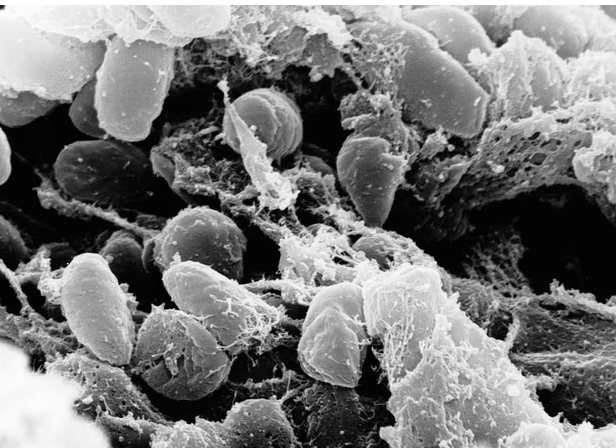A South Lake Tahoe resident has tested positive for the plague , according to El Dorado County health officials.
The California Department of Public Health (CDPH) alerted local authorities earlier this week, and officials confirmed the individual is recovering at home under medical care.
Investigators believe the person may have contracted the illness after being bitten by an infected flea while camping in the South Lake Tahoe area, a popular outdoor destination in the Sierra Nevada.
“Plague is naturally present in many parts of California, including higher-elevation areas of El Dorado County,” said Kyle Fliflet, the county’s acting director of public health. “People need to take precautions for themselves and their pets, especially when walking, hiking, or camping in places where wild rodents live.”
The plague, caused by the bacterium Yersinia pestis, typically spreads through flea bites. Fleas often pick up the bacteria from squirrels, chipmunks, and other rodents, officials explained. Dogs and cats can also carry infected fleas into homes.
Authorities advised residents to avoid direct contact with wild rodents and to keep pets away from burrows.
Although rare, human plague cases can be severe. Symptoms usually appear within two weeks and include fever, nausea, weakness, and swollen lymph nodes. Early treatment with antibiotics is highly effective.
Surveillance records show plague activity has persisted in the Tahoe Basin. From 2021 through 2024, researchers identified 41 rodents in El Dorado County that carried the bacteria. This year alone, four rodents in the region have tested positive.
This latest case marks the county’s first human infection since 2020, which was also linked to South Lake Tahoe. Before that, two Yosemite national park visitors contracted plague in 2015. All patients were treated and recovered.
In 2021, the U.S. Forest Service temporarily closed several Lake Tahoe recreation sites after detecting plague in chipmunks. Workers carried out “vector control” treatments before reopening the areas.
Other states continue to monitor outbreaks as well. Last year, Colorado confirmed a human plague case. Nationwide, the CDC estimates an average of seven human cases occur annually, mostly in the western U.S.











Leave a Reply